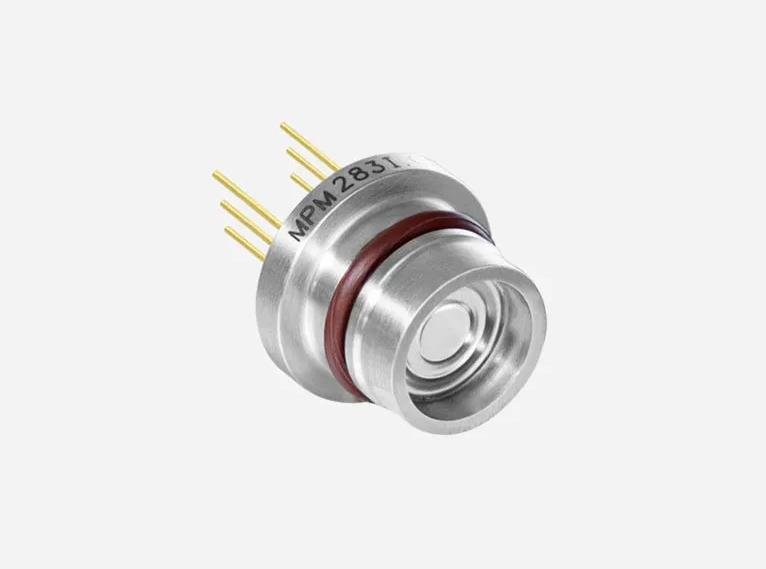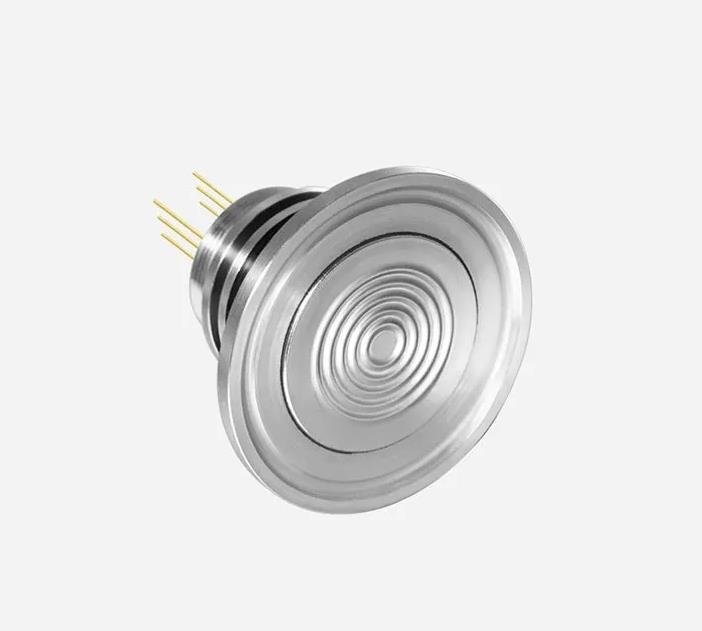Pressure sensors come in handy when it comes to so many industrial applications. In understanding their role in a production line, industries can figure out which sensors work best. Here are some of the applications of industrial Pressure Sensors.
Table of Contents
Measuring safe levels in liquid tanks
Different industries need liquids for either cooling and heating. There are also times when industries store liquids in tanks with different depths. Having too much or very little liquid in a tank might be hazardous, based on the liquid in question. Since these tanks are huge, there is no way one can open them all up to measure levels in them.
A submersible pressure sensor, on the other hand, is useful in this situation. What this sensor does is to alert staff in case the level of liquid drops low or goes too high to unsafe levels. Staff uses this information to make the necessary adjustment and ensure levels are safe at all times.
Monitor process flow
There are times in a factory when liquid must pass through a smaller space or a filter before a process is complete. In such situations, a pressure sensor comes in handy. It measures the pressure as the liquid passes through the filter.
The more contaminants blocking the filters, the less the liquid flow pressure. In measuring this pressure, one knows when to replace the filter and if the liquid passing through has fewer contaminants. It makes carrying out maintenance and cleaning easier for factories handling bulk productions.
Manage control loops
In fields like medicine, there are times when a patient needs certain fluids or medication flowing into their body at a certain rate. Controlling this flow ensures patients get the right dose of medication, and doctors can monitor their progress throughout treatment. The pressure sensors can also be used in surgery when doctors need to pump medication while operating. These sensors are used with foot pedals if doctors cannot use their hands while operating. It keeps the patients stable throughout the procedure and prevents overdosing. These industrial pressure sensors usually require certain certificates.

Quality control
One thing that needs to be ensured when it comes to mass production is ensuring that all products are of similar quality. Failure to do so and you end up with poorly made items that cannot be sold. To ensure that you can put all your products on the shelf, it helps if you have a pressure sensor installed. These sensors monitor the machines and ensure they exert high pressure on items.
It also monitors pressures in liquids before packaging so everything is at the required levels. That way, the chances of having defective goods are reduced. Factories no longer have to carry out a manual inspection on big batches.
Pressure sensors also ensure that the factory stays safe while production occurs. Apart from monitoring water levels, these sensors also measure the pressure in most areas caused by heat or hot gas. Such levels must be stable to reduce the risk of explosions or production stops. Using sensors, a factory can keep working round the clock since everything is controlled.

Control output signals in technology
One of the things that make technology be embraced in many areas is the accuracy it has. To cut down on the risks of error, the technology uses pressure sensors. Since a lot of data is being crunched to determine a cause of action, these sneers need to be sensitive to small changes in data.
These sensors are made so sensitive that they react to whatever changes happen around them. As such, machinery can operate with the flick of a sixth, and information is conveyed in real-time to help ensure that the right actions are taking place.
As time goes by and more industries switch to automation, there is a need for a system to ensure that everything is kept in check. A pressure sensor in the system is the easiest way to ensure things run smoothly. While the applications above are the main areas where sensors come in handy, there are many other industries that have found a use for them.
Some of these industries include automotive, aerospace, as well as industry 4.0 smart industry. These industries keep finding a new use for sensors to show how versatile they are.










